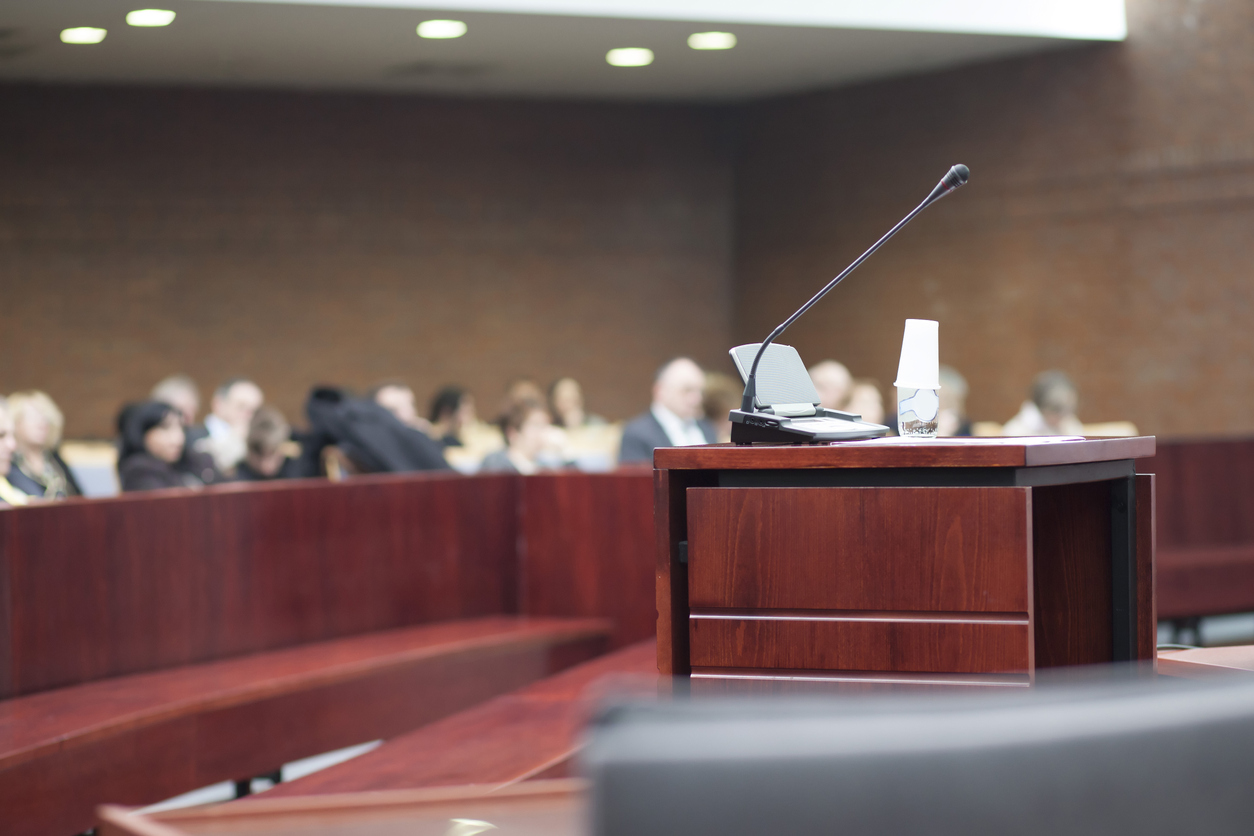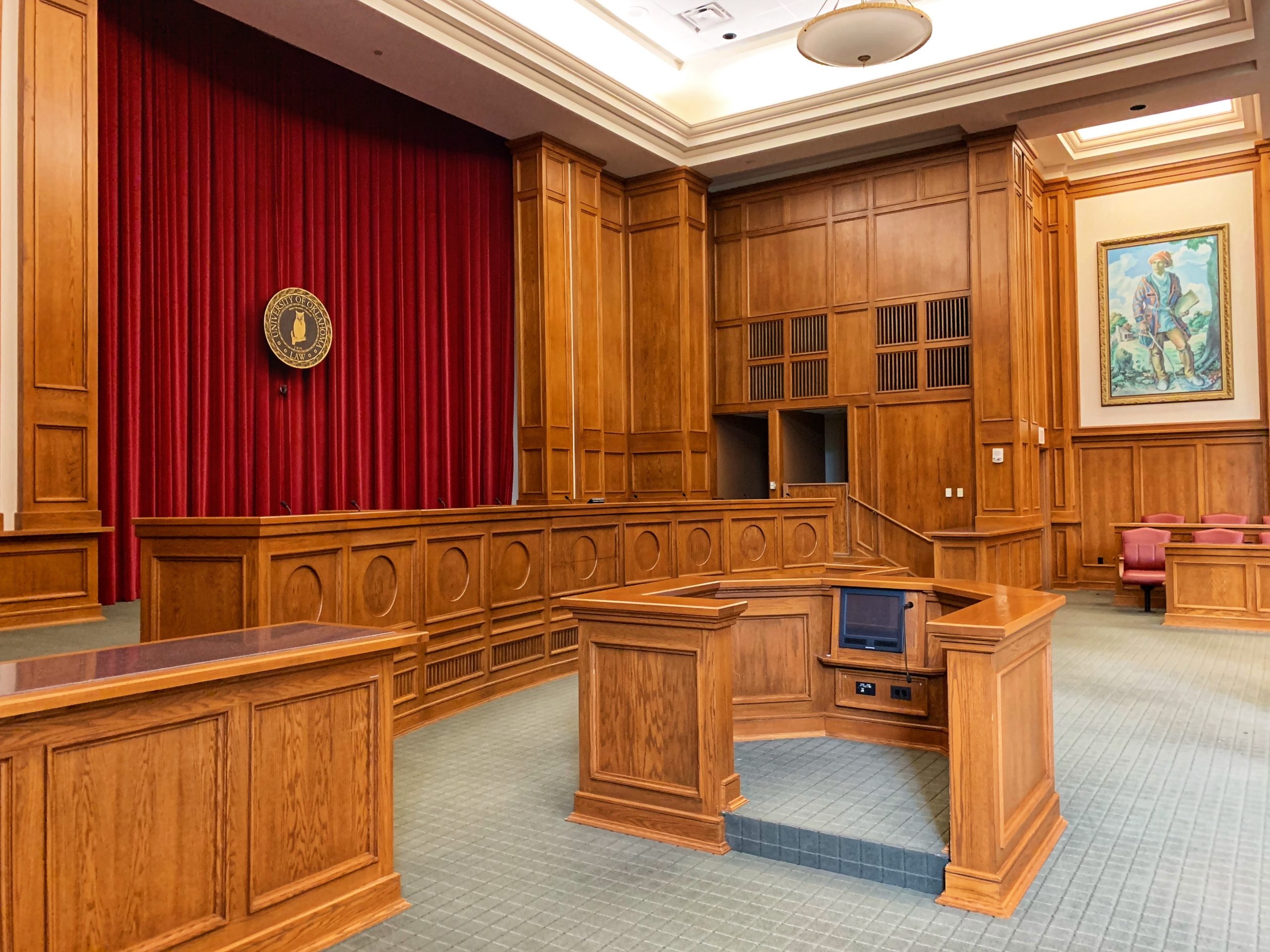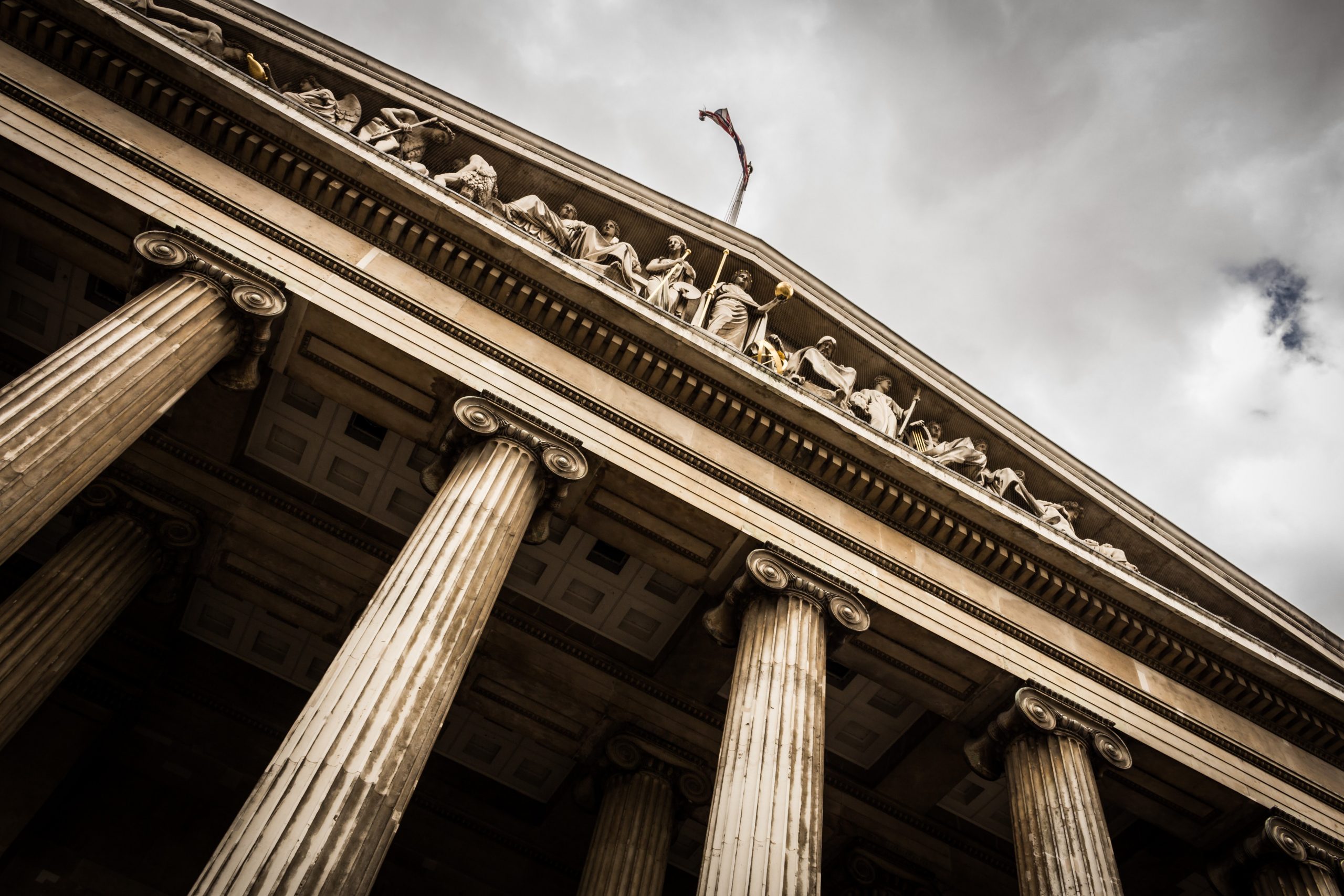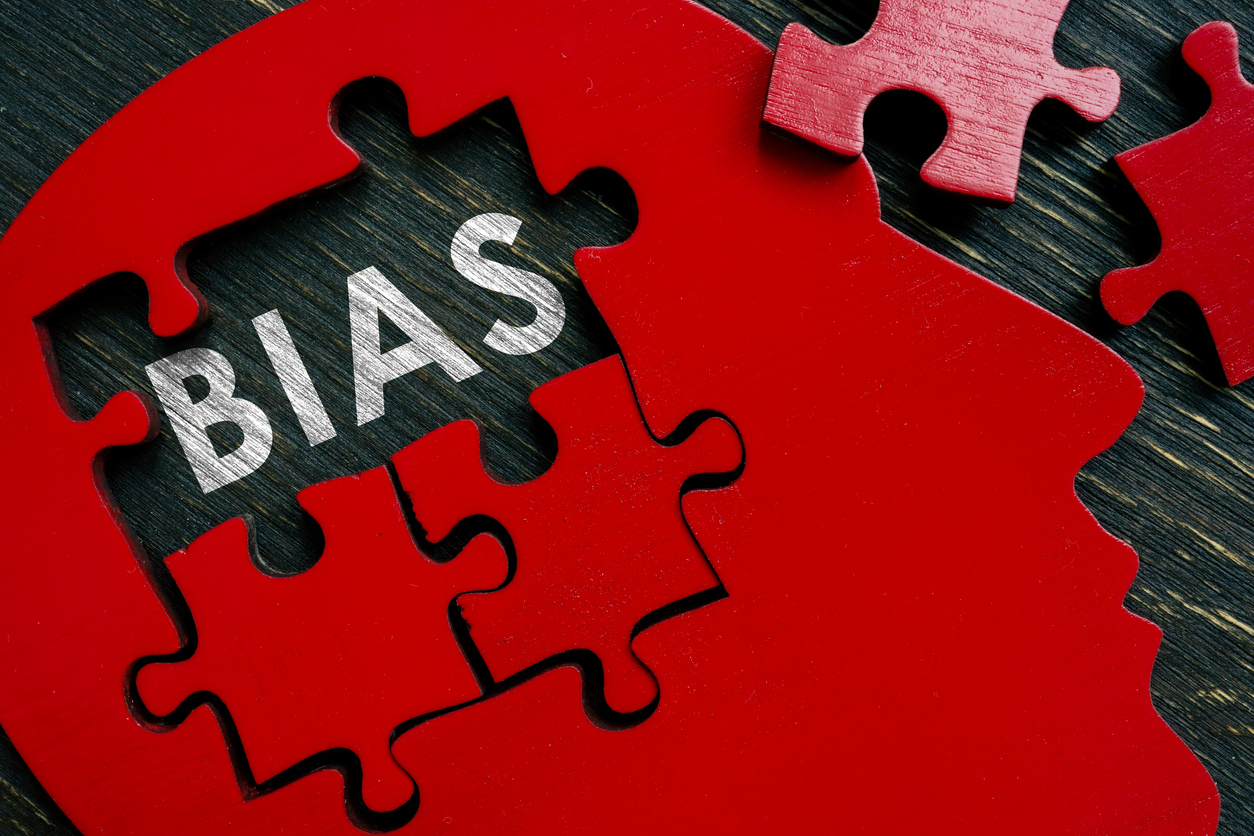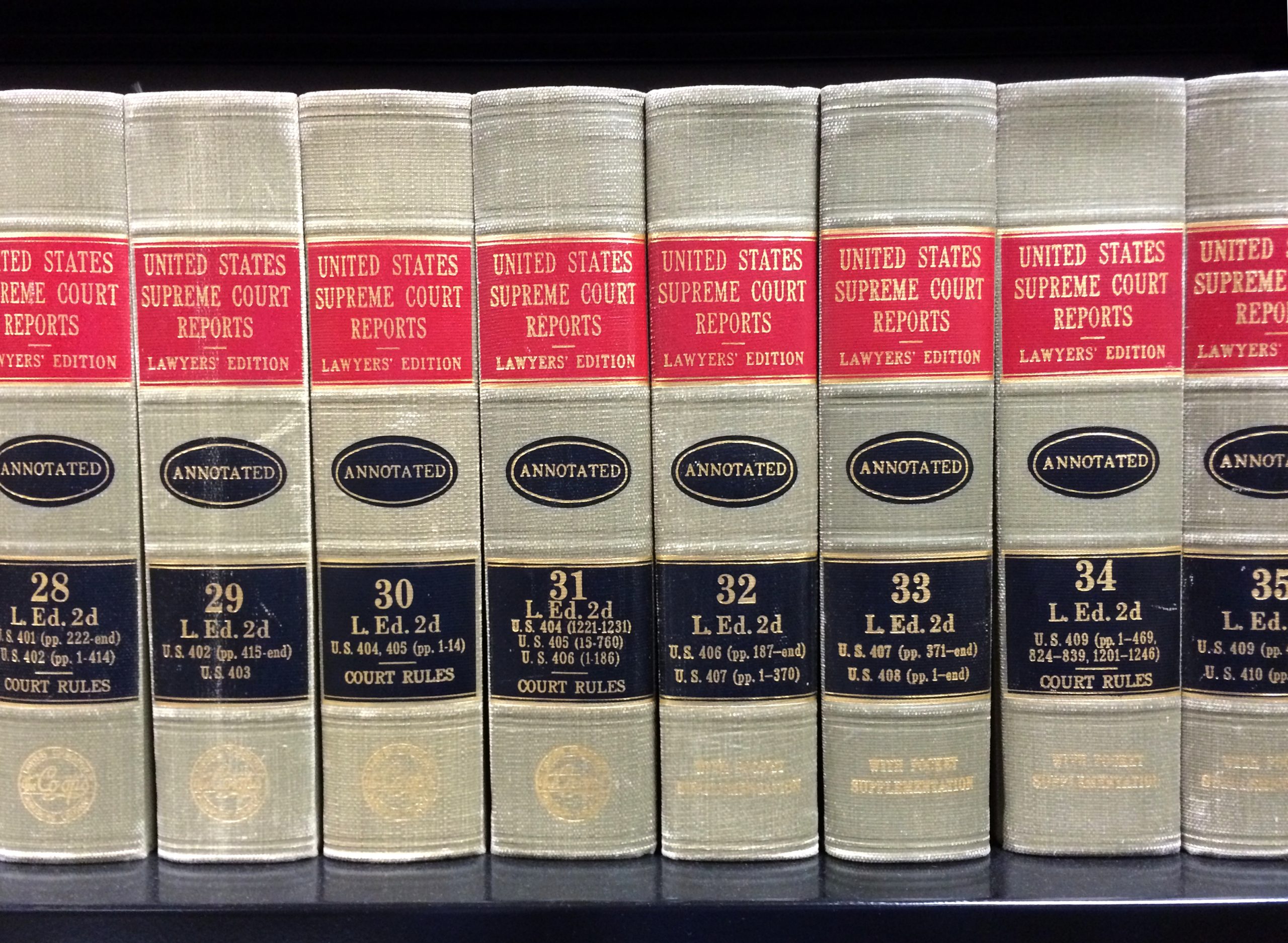Category: Going to Court
Should You Accept A Plea Agreement?
The decision whether to accept a plea agreement is one for you to make and depends on your specific circumstances.
READ MOREHow Are Civil And Criminal Cases Related To Each Other?
Civil and criminal cases are separate in the United States justice system, but the two concepts are still related. Understand why.
READ MOREWhat Does Beyond A Reasonable Doubt Actually Mean?
In a criminal case, the prosecution must prove your guilt beyond a reasonable doubt. What does the term “beyond a reasonable doubt” mean?
READ MORECan Your Sentence In A Criminal Case Change After It Starts?
If you’re convicted of crime, a judge will sentence you. But your sentence can change after the judge chooses it in some circumstances.
READ MOREHow Do You Know If Your Lawyer Is Doing A Good Job?
You have a constitutional right to a lawyer in criminal cases. But how do you know if your lawyer is doing a good job?
READ MOREWhat Can You Do If You Think Your Judge Has A Bias?
You have the right to a fair trial under the Sixth Amendment. This includes the right to a fair judge who does not have a bias against you.
READ MOREHow to Subpoena Witnesses for Your Trial
In some cases, you may want to bring a witness or an important document to the court to prove your claim. You or your attorney can do so by issuing a subpoena to a person or institution to testify or produce the requested documents. A subpoena is a court command that compels a person to do what is requested.
READ MOREWhat Do You Do If a Prosecutor Strikes Jurors Based on Race?
A prosecutor might try to exclude a juror on the basis of race or other discriminatory grounds. You can object to this by raising a Batson challenge.
READ MOREWhat Does It Mean When A Prosecutor Commits A Brady Violation?
A Brady violation occurs when prosecutors withhold evidence that would help the defendant, and they can result in overturning a conviction.
READ MOREHow Do You Know What Caselaw Applies to Your Case?
If you are facing a trial, the final decision in your case may be based on rules of law created by previous cases. “Caselaws” or “precedents” means the rules established by those previous cases. The judge cites the caselaws as an example to justify their present case decisions.
READ MORE